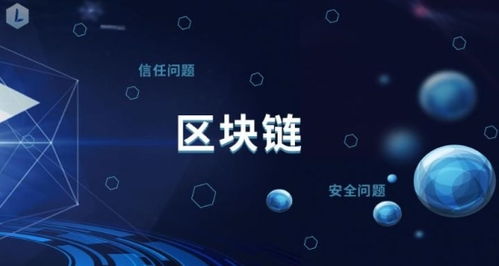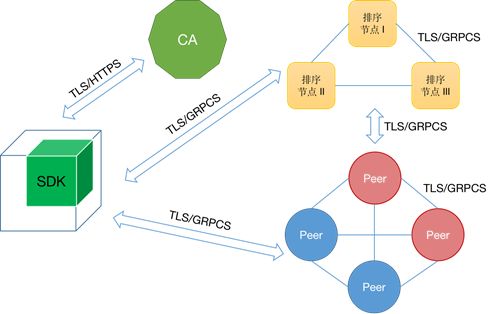Introduction to Blockchain: A Game-Changer in Technology

Blockchain, a revolutionary technology that has been making waves in various industries, is a decentralized digital ledger that records transactions across many computers so that the record cannot be altered retroactively without the alteration of all subsequent blocks and the consensus of the network.
Enhancing Security and Trust

One of the primary benefits of blockchain is its ability to enhance security and trust in transactions. Unlike traditional centralized systems, blockchain operates on a decentralized network, making it nearly impossible for hackers to compromise the entire system. Each transaction is encrypted and linked to the previous one, creating a chain of blocks that is secure and transparent. This ensures that the data recorded on the blockchain is immutable and tamper-proof, fostering a high level of trust among participants.
Streamlining Transactions and Reducing Costs

Blockchain technology streamlines transactions by eliminating the need for intermediaries such as banks, brokers, and clearinghouses. This not only reduces costs but also speeds up the transaction process. For instance, cross-border payments can be processed in a matter of minutes instead of days, as is the case with traditional banking systems. This efficiency is particularly beneficial for businesses and individuals who engage in international trade and investment.
Disrupting Traditional Industries

Blockchain has the potential to disrupt various traditional industries, including finance, healthcare, supply chain, and real estate. In the financial sector, blockchain technology can revolutionize the way securities are traded, reducing fraud and improving transparency. In healthcare, blockchain can be used to securely store and share patient records, ensuring privacy and reducing errors. Similarly, the supply chain industry can leverage blockchain to track and verify the authenticity of products, thereby enhancing consumer trust.
Facilitating Smart Contracts

Smart contracts are self-executing contracts with the terms of the agreement directly written into lines of code. They operate on the blockchain and automatically enforce and execute the terms of a contract when predetermined conditions are met. This eliminates the need for intermediaries and reduces the risk of disputes. Smart contracts can be used in various applications, such as real estate transactions, crowdfunding, and even in the creation of decentralized autonomous organizations (DAOs).
Improving Data Integrity and Transparency

Blockchain's decentralized nature ensures that data is stored across multiple nodes, making it nearly impossible to alter or delete information without the consensus of the network. This enhances data integrity and transparency, as all participants can view the recorded transactions and verify their accuracy. This is particularly valuable in industries where trust and transparency are crucial, such as in government and public records.
Enabling Decentralized Applications (DApps)

Decentralized applications (DApps) are applications that run on a blockchain network and operate independently of any single entity. They leverage the blockchain's decentralized and transparent nature to provide services such as decentralized finance (DeFi), decentralized identity, and decentralized storage. DApps can offer users greater control over their data and privacy, as well as the potential for innovative new services.
Conclusion

In conclusion, blockchain technology has the potential to transform various aspects of our lives, from enhancing security and trust to streamlining transactions and disrupting traditional industries. As the technology continues to evolve, we can expect to see even more innovative applications and solutions that leverage the power of blockchain.
